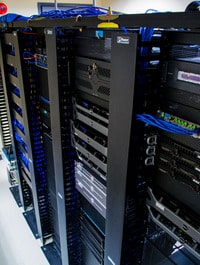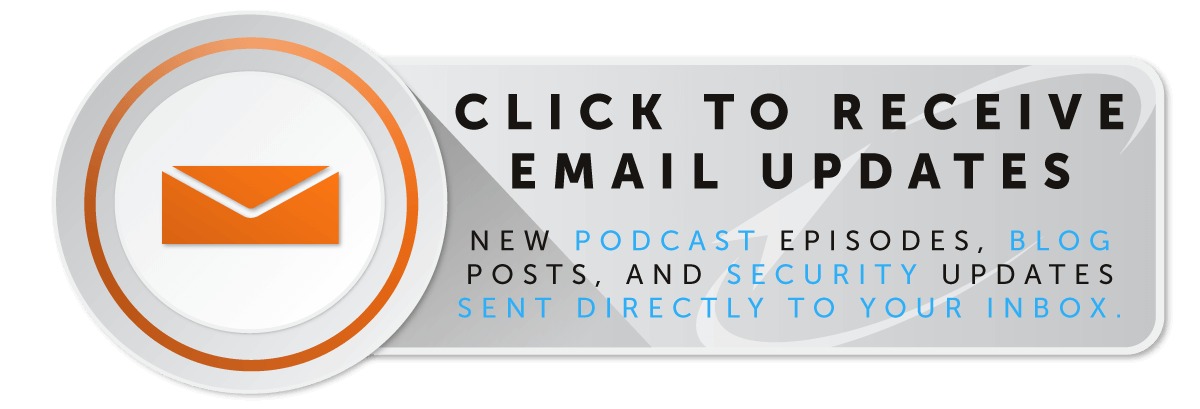Why You Need Backups for Your Backups

It’s 10:00 on a Thursday night. You’re in bed when you get a phone call. A pipe burst at your office, and there’s been some flooding. Your server room was affected, and now you need to recover your data. That’s what a backup is for. No problem, right? That’s not always the case.
“34% of companies fail to test their tape backups, and of those that do, 77% found tape back-up failures. 60% of companies that lose their data will shut down within 6 months of the disaster”
Aren’t on-premise backups all you need? Well, no. Having your backups close and easily accessible for recovery is great. It’s an efficient method for daily backups, but it doesn’t take into account the failure of the hardware performing these backups nor the effect of disasters.
A wise administrator would suggest also having an off-premise backup to ensure that data is accessible in the event of failure or disaster. Even something as simple as taking copies of critical data off-site on encrypted USB drives would be better than nothing. The key is understanding that the hardware used to store the backed up data is also prone to wear and tear and should not be considered as a ‘set it and forget it’ technology. Having a backup to the backup gives you the ability to recover much quicker should the primary backup system fail.
Secondary Backup Solutions
Like with primary backups, you have options for secondary backups to explore. We find the two solutions below work best.
- Major online backup companies like Mozy Pro and Carbonite for business. These all offer similar features and recoverability with each having slight differences that companies should investigate to determine which would fit them the best. This is a great low-cost solution for backing up workstations of key employees that like to keep critical data on their laptops but not such a great solution for large amounts of data stored on servers.
- Hybrid systems which offer both an on-premise and off-premise solution like StorageCraft and Veeam. This type of solution has both a local network backup component where the data is backed up to storage housed in-house as well as sending what is backed up locally off-site to either a cloud or to another location of your choosing. This allows for the encrypted backups to be ‘trickled’ over to another destination over time and maintain a mirror image of the data on-premise. This would give you quick recovery locally and in the event of disaster. This type of backup is more expensive than the first solution, but offers much more flexibility and recoverability.
We recommend using a hybrid solution, like the one we use. Our CC:Backup solution has an in-house server backup whose encrypted data is also copied offsite into a cloud solution. Local restores are fast and simple, and you can rest assured that your data is safe should anything occur at the office resulting in loss of data or continuity. We can even spin up a server on the CC:Backup appliance as a Virtual Machine and allow you to continue to work while the original server is being fixed.
Logging Off
Backing up your data is one of those areas where it is not given the priority it needs until disaster strikes. Unfortunately for most, it is often too late. Research has shown that 30 % of companies that have a major issue like a fire go out of business in a year and 70% within five years. This alone should cause you to pause. A great rule of thumb is that if you have data that you cannot live without, you should have it in a minimum of (3) places; the computer where it resides when in use, the local backup server, and an off-site location. This method gives you the greatest flexibility, reliability, and insurance that your data will be recoverable, no matter what happens.

Related Posts
Subscribe to Rocket IT's Newsletter
Stay up to date on trending technology news and important updates.

Find out if Rocket IT is the right partner for your team
Claim a free consultation with a technology expert.











